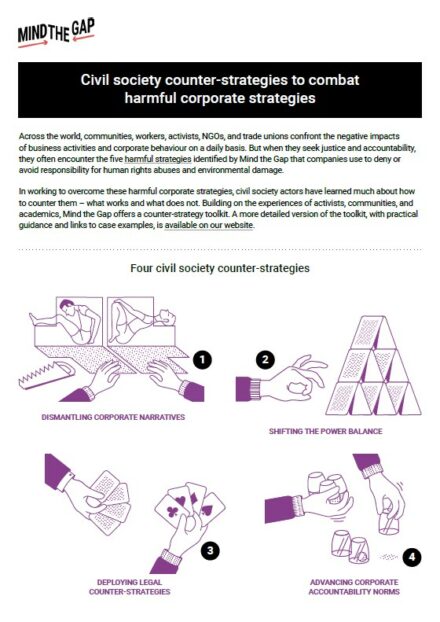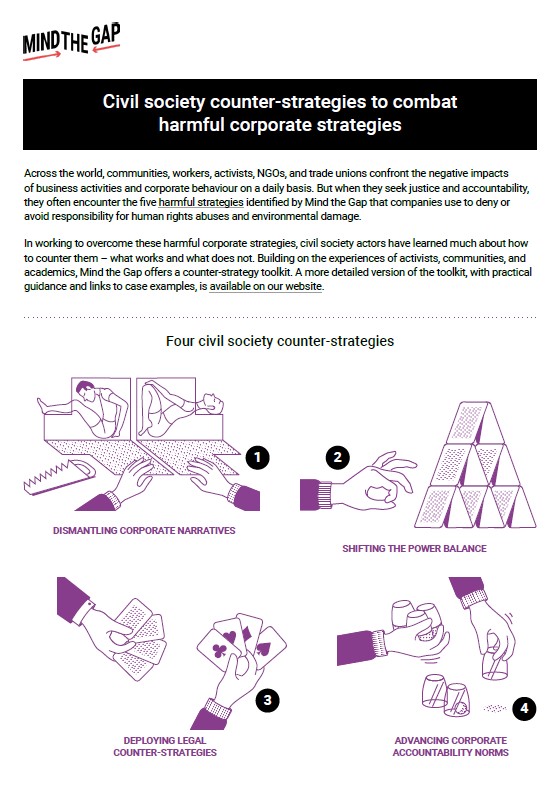Corporations will routinely devote a lot of time and legal resources to insist that a case be moved to a jurisdiction with a weaker rule of law, lower human rights standards or that is otherwise most likely to produce the most favourable outcome for the company.
CASE STUDY: Texaco shopping jurisdiction for oil spill in Ecuador
This strategy amounts to what is called ‘jurisdiction shopping’. In practice, this typically means a corporate defendant pleading the forum non conveniens (least convenient forum) doctrine when a claim has been lodged against it in the home state where it is headquartered. The defendant corporation will argue instead that the most appropriate forum for the case to be heard is where the alleged harm occurred.
Such a ruling is typically in the corporation’s favour as it, firstly, moves the jurisdiction away from where the company is headquartered; where it typically has its financial assets; and where a judgement is easily enforceable. Secondly, a host state’s legal system is not always as reliable or robust as concerns rule of law guarantees and capacities. This strategy also prevents a corporate liability precedent from being set in the corporation’s home country, shielding off the company in other jurisdictions and preventing existing governance gaps from being closed.
Denying the rights of plaintiffs
‘Jurisdiction shopping’ is not beholden to corporate defendants; one can argue that communities, workers or other rights-holders filing a claim in a company’s home state are actually ‘shopping’ jurisdictions. These plaintiffs are indeed seeking the most favourable forum to get remedy for the harms they have suffered. However, from a human rights perspective, their jurisdiction shopping is legitimate if their rights are not adequately protected in their own country, while the strategy used by the company results in the denial of the rights of the plaintiffs.










